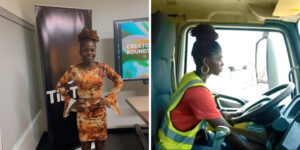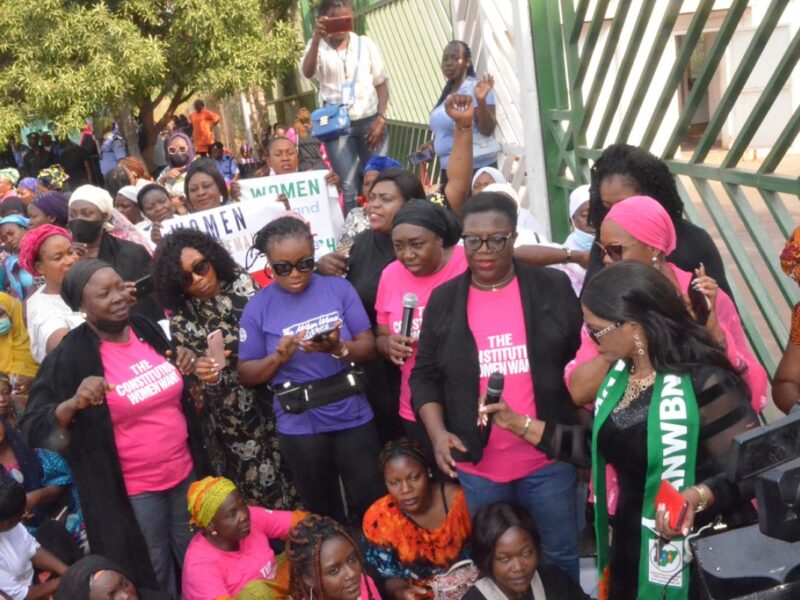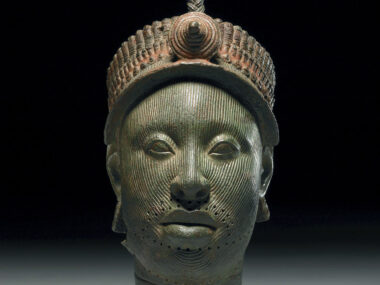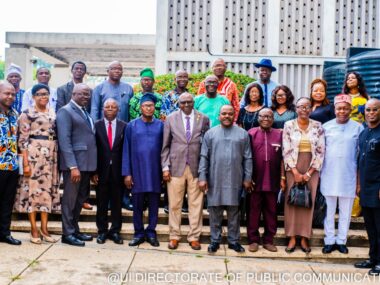Gender roles and expectations in Nigerian society are deeply embedded in the cultural, social, and economic fabric of the country. Nigeria, with its vast ethnic diversity and complex social structures, exhibits a wide range of gender norms and expectations that influence every aspect of life, from family dynamics to professional opportunities. This essay explores the historical context, contemporary realities, and evolving dynamics of gender roles and expectations in Nigeria.

Historical Context and Traditional Gender Roles
Traditionally, Nigerian society is patriarchal, with clearly defined roles for men and women. In many Nigerian cultures, men are considered the heads of households and primary breadwinners, while women are typically seen as caregivers and homemakers. These roles are rooted in historical practices and reinforced by cultural and religious beliefs.
For instance, among the Yoruba, Igbo, and Hausa-Fulani—three of Nigeria’s largest ethnic groups—men traditionally engage in activities such as farming, hunting, and trading, while women are responsible for domestic duties, child-rearing, and subsistence farming. These roles are often seen as complementary, with both men and women contributing to the family’s well-being in different but equally important ways.
Cultural and Religious Influences
Cultural and religious beliefs play a significant role in shaping gender roles in Nigeria. Many Nigerian societies adhere to traditional customs and practices that define specific roles for men and women. These roles are often upheld through cultural rituals, ceremonies, and community expectations.
Religious beliefs also strongly influence gender roles. In predominantly Muslim areas of Nigeria, particularly in the northern states, Islamic teachings and Sharia law significantly shape gender expectations. Women are often expected to adhere to modest dress codes and may have restricted mobility and access to certain opportunities. In contrast, Christian communities, particularly in the southern regions, may have different, though still patriarchal, norms influenced by biblical teachings.
Education and Gender Disparities
Education is a critical area where gender roles and expectations manifest. Historically, boys have had greater access to education compared to girls. This disparity is more pronounced in rural areas and northern Nigeria, where cultural and economic factors may limit girls’ educational opportunities. Early marriage, domestic responsibilities, and societal expectations often lead to higher dropout rates among girls.
However, there have been significant efforts to address these disparities. Government policies, non-governmental organizations (NGOs), and international agencies have implemented programs to promote girls’ education and gender equality. Initiatives such as the Girl Child Education Project aim to increase enrollment and retention rates for girls in schools, particularly in underserved regions.
Gender Roles in Family and Marriage
Family structure and marriage are central to understanding gender roles in Nigerian society. Traditionally, marriage is highly valued, and both men and women are expected to marry and start families. Men are typically seen as providers and decision-makers, while women are expected to manage the household and nurture the children.
Polygamy is practiced in some Nigerian cultures, particularly among the Hausa-Fulani and some Yoruba communities. In polygamous families, gender roles can be complex, with co-wives often sharing domestic responsibilities and childcare. However, the husband’s authority as the head of the family remains predominant.
Modernization and urbanization are influencing changes in family dynamics. In urban areas, dual-income households are becoming more common, with women participating more in the workforce. Despite these changes, traditional expectations around domestic responsibilities often persist, leading to a “double burden” for many women who balance professional and household roles.
Economic Participation and Gender Inequality
Economic participation is another area where gender roles and expectations are evident. Men dominate the formal labor market, occupying most leadership and decision-making positions. Women are often concentrated in informal and low-paying sectors such as agriculture, trading, and domestic work.
Efforts to bridge the gender gap in economic participation include promoting women’s entrepreneurship and providing access to microfinance. Organizations like the Nigerian Women Trust Fund and various women’s cooperatives support women in starting and growing their businesses. Despite these efforts, women continue to face significant barriers, including limited access to credit, property rights, and business networks.
Gender-Based Violence and Legal Protections
Gender-based violence (GBV) is a critical issue in Nigeria, reflecting deeply ingrained gender inequalities. Domestic violence, sexual harassment, and harmful traditional practices such as female genital mutilation (FGM) and early marriage disproportionately affect women and girls. Cultural norms and stigmatization often prevent victims from seeking justice or support.
Legal protections for women have been strengthened in recent years. The Violence Against Persons (Prohibition) Act (VAPP), enacted in 2015, provides comprehensive legal recourse for victims of GBV. However, enforcement remains a challenge, particularly in rural areas where traditional and religious laws may conflict with national legislation.
Changing Gender Roles and Future Directions
Despite the persistence of traditional gender roles, Nigerian society is witnessing gradual shifts. Increased access to education, economic opportunities, and political participation are empowering women and challenging conventional norms. Women are increasingly taking on leadership roles in politics, business, and civil society.
The media and popular culture also play a role in shaping and challenging gender norms. Nollywood, Nigeria’s vibrant film industry, often portrays strong female characters and addresses social issues, contributing to changing perceptions of gender roles.
Gender advocacy groups and feminist movements are gaining momentum, advocating for equal rights and opportunities. These movements, such as the Nigerian Feminist Forum, work to raise awareness about gender issues, influence policy changes, and support women’s rights initiatives.
Conclusion
Gender roles and expectations in Nigerian society are deeply rooted in cultural, religious, and historical contexts. While traditional norms continue to influence many aspects of life, there are significant efforts and gradual changes toward gender equality. Education, economic participation, legal protections, and advocacy are key areas driving these changes. As Nigeria continues to develop, the evolving dynamics of gender roles will play a crucial role in shaping a more equitable and inclusive society. The future of gender roles in Nigeria will depend on sustained efforts to challenge stereotypes, empower women, and promote equality across all sectors of society.










